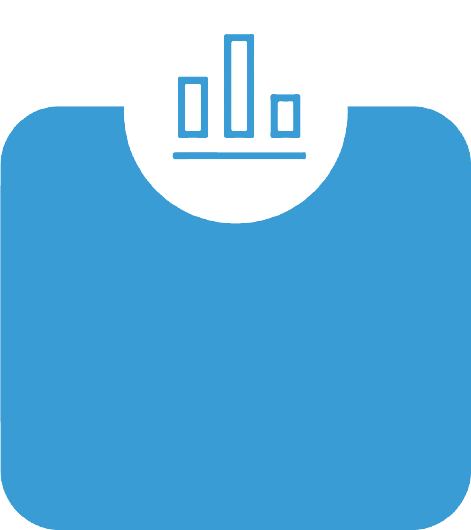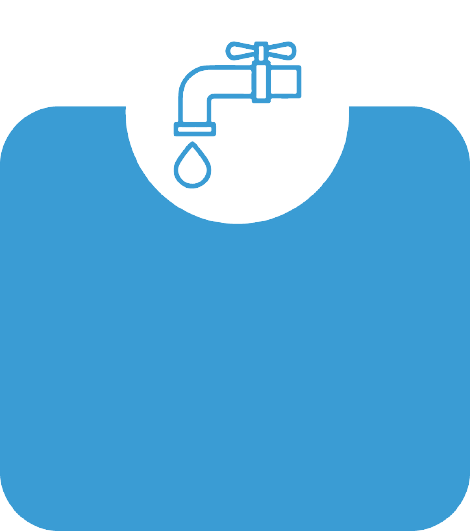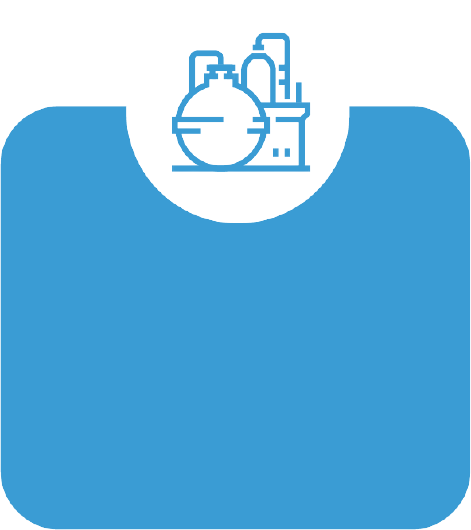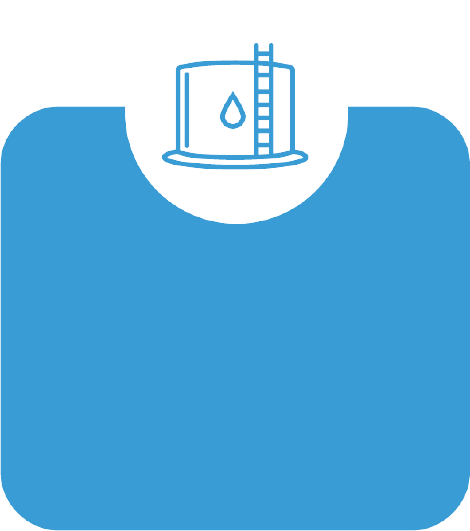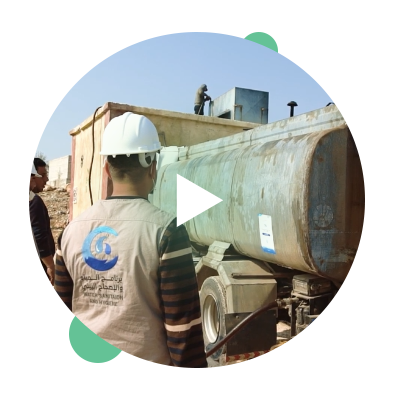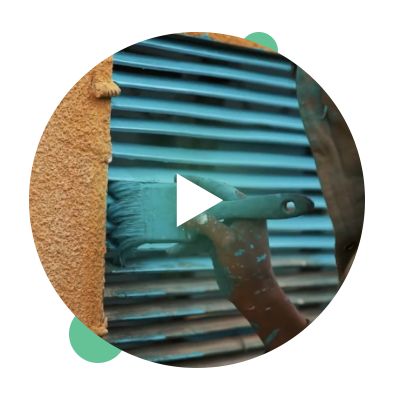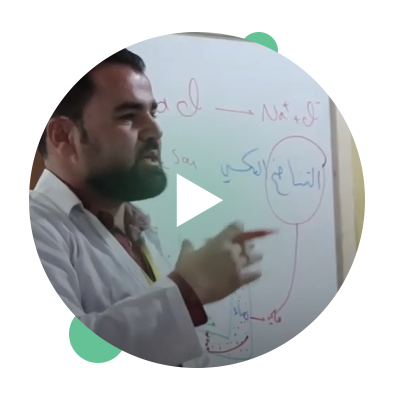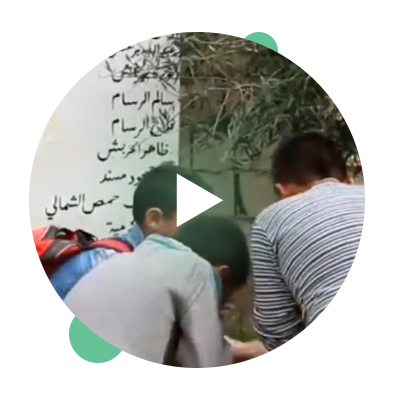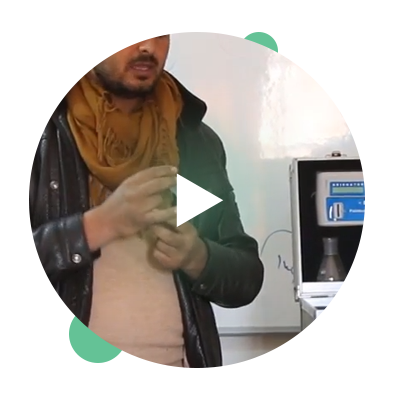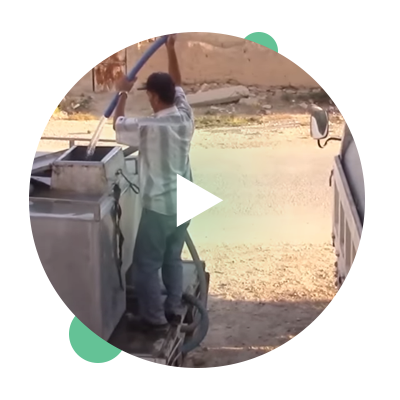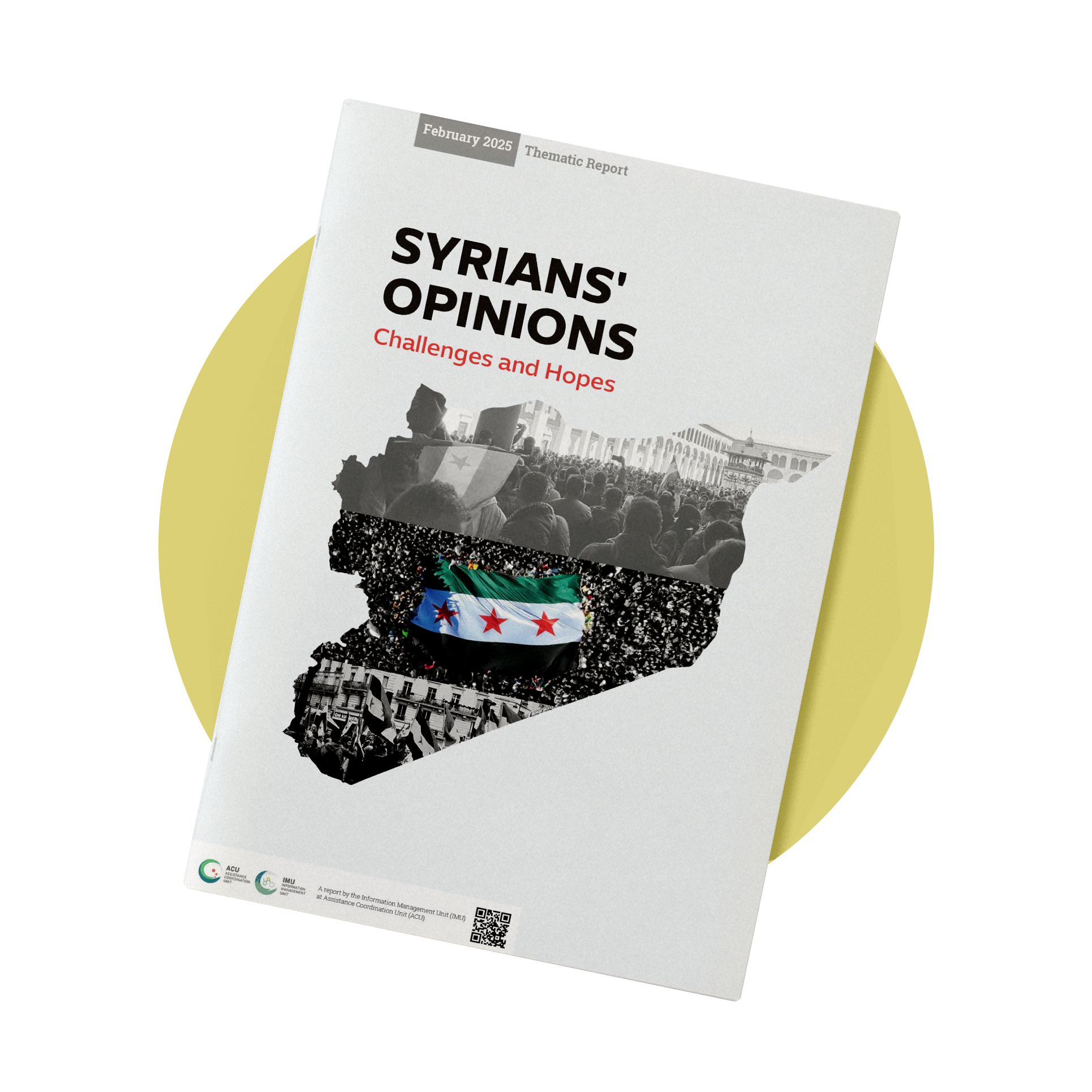
WASH and Infrastructure Program
The WASH & Infra program was established in conjunction with EWARN in 2013 to be one of the most important sources of surveillance indicators of waterborne diseases, epidemics, and to monitor water quality and its suitability for drinking and human consumption.
The WASH & Infra program aims to enhance coordination, share information and experiences, identify intervention prioritization, and mobilize efforts through comprehensive and complementary approaches regarding the intervention with different WASH workers.

WASH and Infrastructure Program (WaSH & Infra)
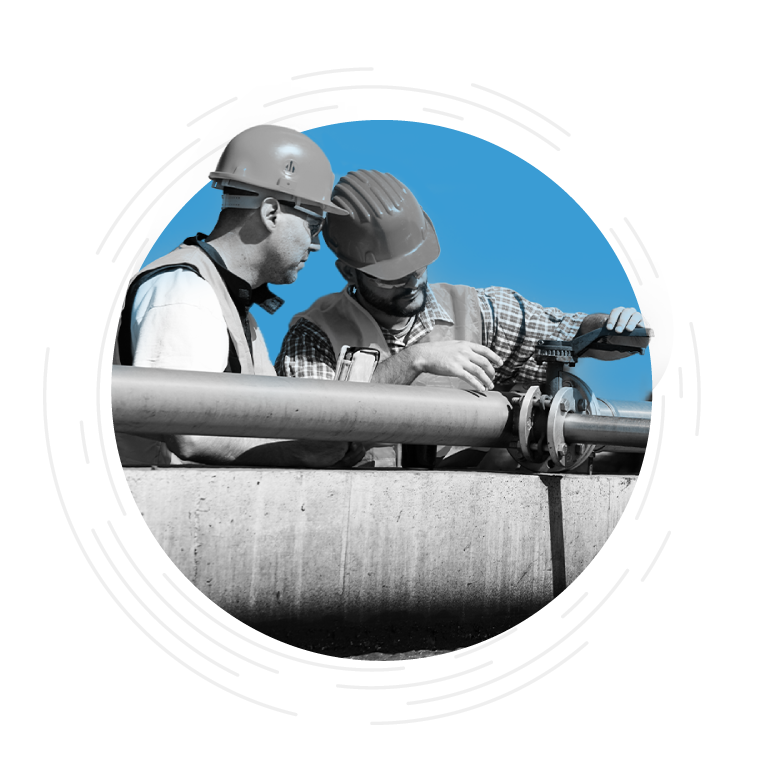
Tasks and Activities
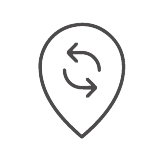
To provide periodic updates on the water resource map in North Syria, and to issue relevant research papers.
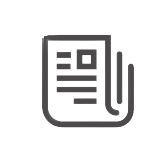
To develop periodic bulletins on water quality and water-borne diseases.

To enhance planning, and lead the implementation of WASH infrastructure projects, including the rehabilitation of pumping stations, water systems, DWWTPs, and WBDs prevention approach support.
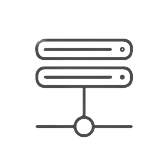
To support sustainable WASH solutions, such as renewable energy and innovative approaches, and to offer the needed technical support.

To host and support the Syrian Water Resources Platform to enhance coordination, information sharing, expertise, and integration among WASH stakeholders.
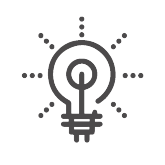
To lead the technical capacity-building of humanitarian agencies working in WASH.
